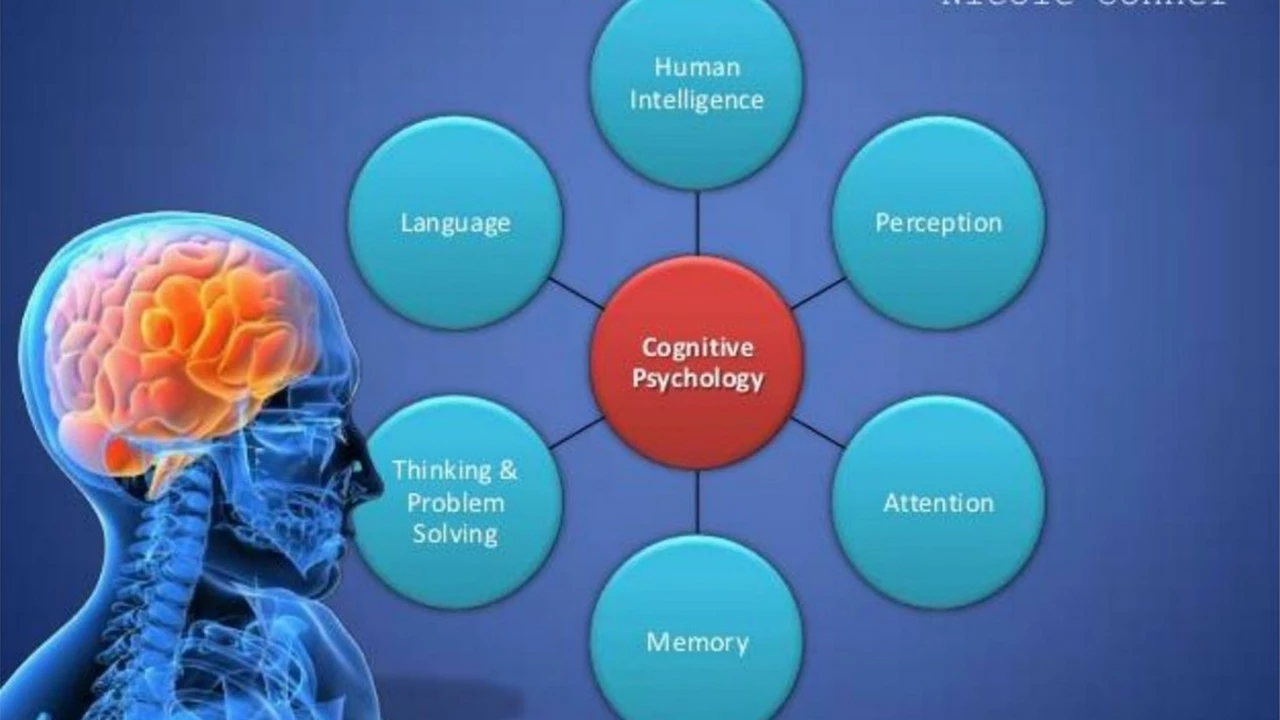Boost Your Child's Self-Esteem with Simple, Effective Strategies
Watching your child grow into a confident, happy person starts with building their self-esteem early on. But what does that really mean? Self-esteem is how kids view themselves—whether they feel good enough, valued, and capable. This shapes their mindset and impacts their choices, relationships, and how they handle challenges.
So, how can you help your child feel good about themselves without pushing too hard or coming off as fake? It’s all about consistent positive support mixed with helpful guidance.
Start with Genuine Praise and Encouragement
Instead of generic praise like "Good job," try to be specific. When your child draws a picture, say something like, "I love the colors you chose here—it shows your creativity." This kind of feedback helps them see exactly what they did well, making the praise feel real and deserved.
Also, avoid only praising results. Focus on their effort and process: "You worked really hard on that puzzle—way to stay patient!" That teaches kids that trying hard matters more than being perfect.
Let Them Learn and Fail Safely
Kids build self-esteem by mastering small tasks and facing manageable challenges. Resist the urge to jump in and fix everything right away. Instead, encourage them to try, make mistakes, and figure things out. For example, if your child is tying their shoes, offer help only if they ask, and cheer them on as they practice.
Failures might sting, but they’re valuable lessons. Help your child see that mistakes don’t define them—they’re just steps on the way to getting better. This resilience builds true confidence.
Overall, nurturing a child’s self-esteem isn't about grand gestures but everyday interactions that say, "You matter," and "I believe in you." Simple acts like listening closely, offering help without taking over, and celebrating progress can make a world of difference in how your child sees themselves and tackles life.
The impact of behavior disorders on a child's self-esteem
In my exploration of the topic, I've found that behavior disorders can significantly impact a child's self-esteem. Children with these disorders often struggle with feelings of inadequacy and may perceive themselves as different or inferior to their peers. They might face challenges in social situations, causing them to withdraw or act out, further affecting their self-confidence. It's crucial for parents, educators, and mental health professionals to provide support and intervention strategies to help these children build healthy self-esteem. Remember, a child's mental well-being is just as important as their physical health.

